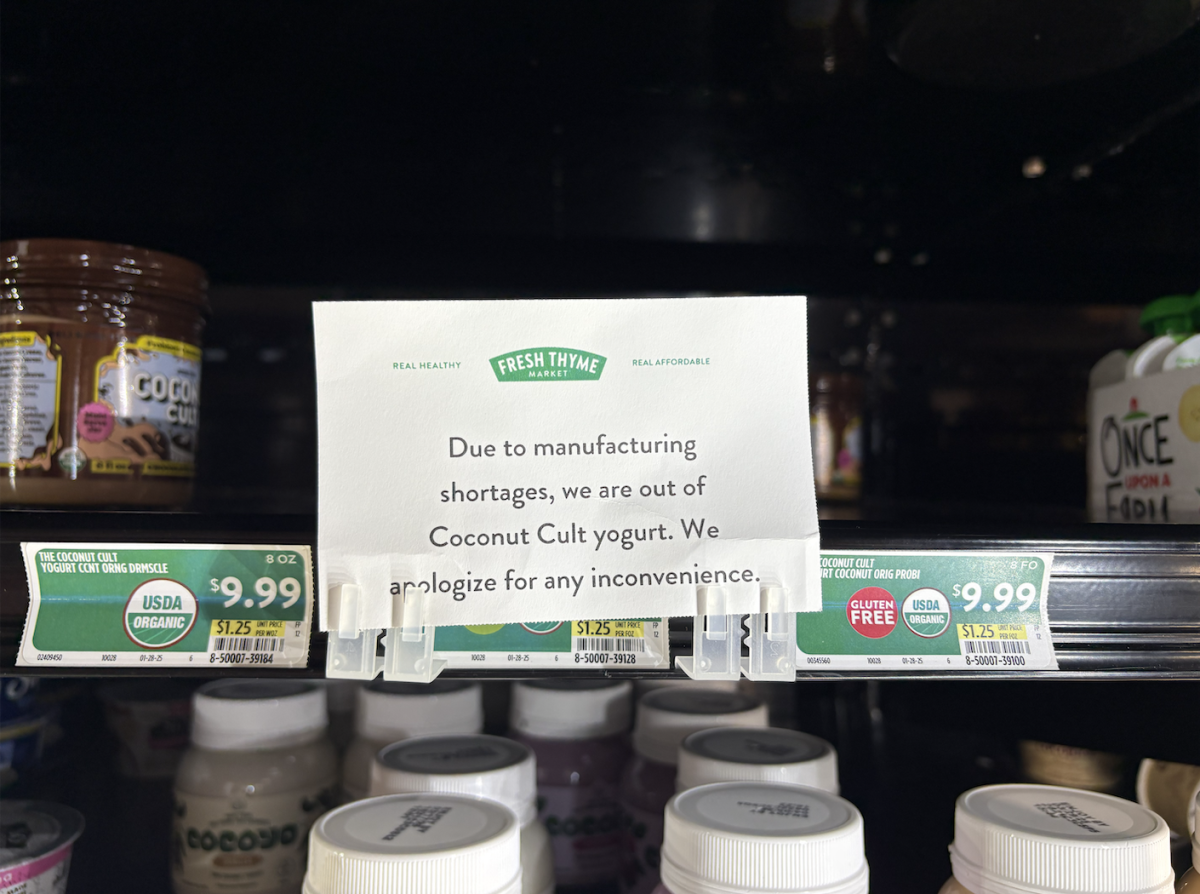Unless you’re willing to spend thousands with specialized providers, Internet connectivity in the United States is a joke. Currently the USA ranks pitifully low on a survey of world broadband infrastructures––South Korea took first toting an average download speed of 14.6Mb/s, with 18 other nations on the list before the USA, which boasts a meager 3.9Mb/s average. According to the same survey, more than 65 percent of US homes in areas where high-speed broadband is available have not yet upgraded from antiquated dial-up or DSL service; the adoption rate is even lower among impoverished, minority, and rural areas.
This is a problem. For a country that aims to be a leader in technology, not to mention the country from which the Internet initially grew, our government should be taking far greater steps toward upgrading our national Internet infrastructure. Presently, our government’s only answer to this issue is a suggestion––no actual plans have been solidified yet––by FCC chairman Julius Genachowski to broadband providers to “have at least 100Mb/s access to 100 million homes in the United States.” There’s currently no established timetable, no incentives for providers, and very little legislation for such improvements.
Fortunately for data-dependent humans, there is at least one organization currently pursuing such lofty goals. Google has recently announced an experimental ISP venture that aims to provide ultra-high-speed fiber connections to up to 500,000 American homes, at “a competitive price.” Most exciting about this––besides Google being an entity that unlike telecom companies and the government actually consistently does what they plan and does it well––is the speeds Google’s ISP promises. At 1Gb/s, communities who apply for the experimental network (Duluth is one of them) will be getting speeds more than 250 times faster than the nation’s average, and hopefully within a decade the service will be able to expand to anyone who wants it. “We want to see what developers and users can do with ultra high-speeds, whether it’s creating new bandwidth-intensive ‘killer apps’ and services, or other uses we can’t yet imagine,” said Google’s announcement. “We’ll test new ways to build fiber networks; to help inform, and support deployments elsewhere, we’ll share key lessons learned with the world.”




































![Teacher Lore: Mr. Henderson [Podcast]](https://bsmknighterrant.org/wp-content/uploads/2025/03/teacherlorelogo-1200x685.png)





